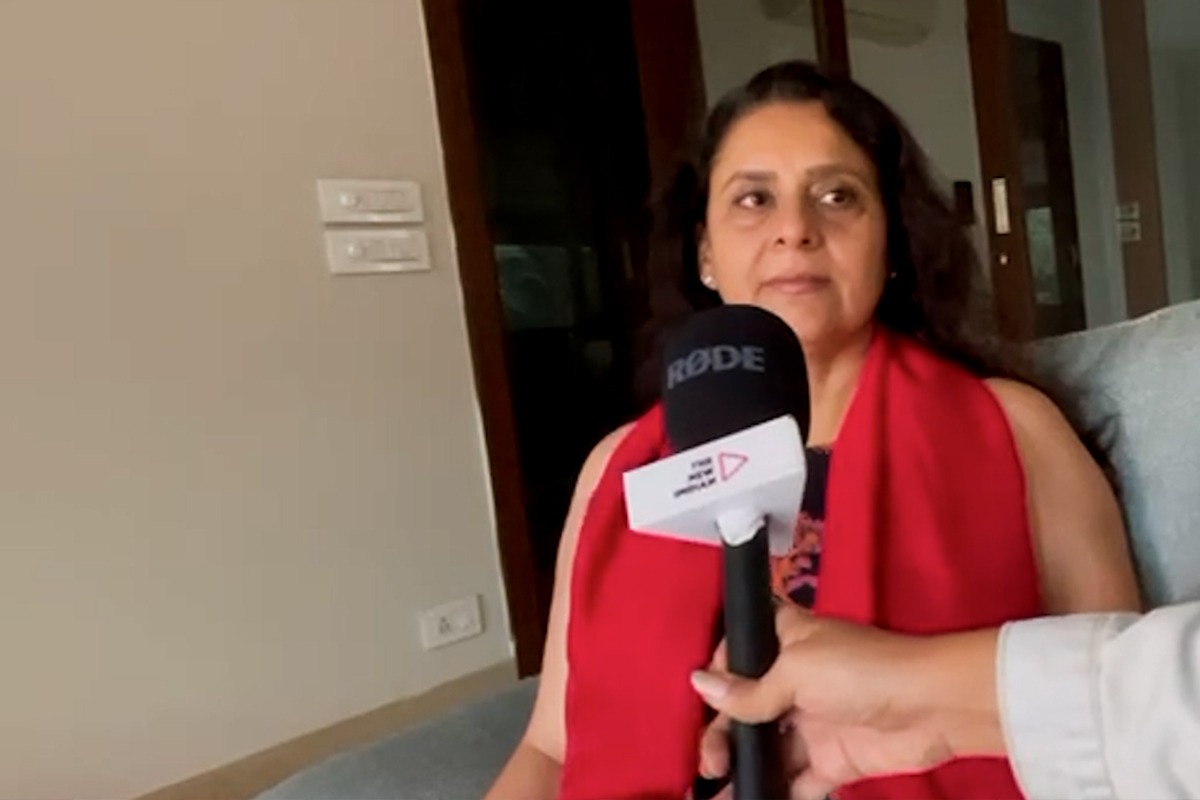Pollution-induced restrictions imposed in Delhi-NCR could aggravate inflation and further worsen the economic situation in the country, environment activists have warned.
Authorities have imposed restrictions – including on construction and movement of heavy vehicles – in the national capital region to curb pollution levels. On Monday, the air quality index (AQI), which represents the quality of air, crossed 350-mark into the ‘very poor’ category.
While the ill effects of high pollution levels on children, patients and senior citizens are already the subject of public debate, some environmental experts also argue that anti-pollution measures could hit the economy of the capital city.
Speaking to The New Indian, Delhi-based environmentalist Kavita Ashok said that there are huge economic repercussions of the high pollution levels in Delhi-NCR.
Environmentalist @kavitaashok1969 points out at lack of political will & problems that besieges fight against pollution. #Delhiairpollution pic.twitter.com/Shiyjxgloe
— The New Indian (@TheNewIndian_in) November 7, 2022
“Pollution has a strong economic consequence very closely attached to it. If the transports vehicles such as trucks are banned, prices of essential items will rise and the people of Delhi will have to pay high prices for items,” she said.
Recently, the Arvind Kejriwal government announced to ban construction activities in Delhi to avoid dust. Rs 5000 per month will be given to construction workers during the ban period, his government has said.
“First of all, such bans impact labourers associated with the construction industry? They don’t get adequate compensation. Even if they do get compensation, the economy can’t be brought to a standstill every year,” she argued.
Stubble burning in neighbouring states of Uttar Pradesh, Punjab, and Haryana is the major contributor to bad air quality during winters in Delhi. Every year, governments announce measures to curb the burning of crop residue by farmers in the state, but no concrete solution has been found yet.
Activists have been demanding that these states work in tandem to find a solution, including adequate compensation to impacted farmers – a suggestion, they say, has fallen on deft ears.
“Nothing can actually happen without harmony between these states,” the activist said, demanding chief ministers of these states go into huddle. “Whatever happens in such meetings should come out in public,” she added.
Pollution levels in Delhi have already crossed ‘hazardous’, prompting doctors authorities to issue health advisories. Doctors have advised people not to go out without wearing a face mask. Such bad air could result in serious health problems among the elderly, children, pregnant women and patients suffering from lung and heart ailments.
Delhi chief minister Arvind Kejriwal has already made his intentions public to impose the vehicle rationing scheme – the Odd-Even Scheme – to check vehicular pollution










